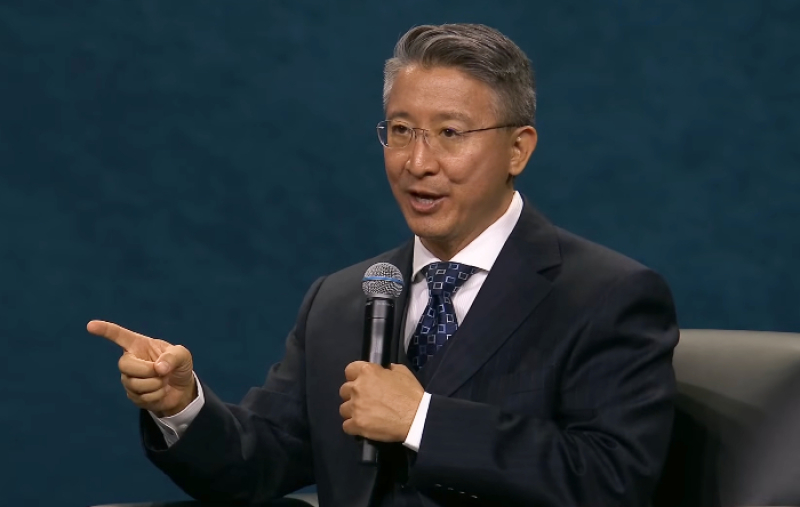
OpenAI, the firm behind ChatGPT, has agreed to provide a discount to the nonprofit organization of theologian Christopher Yuan after initially refusing because the organization is religious.
The Alliance Defending Freedom (ADF), a legal nonprofit that specializes in cases related to religious freedom, announced last week that a settlement had been reached between OpenAI and Yuan’s group, Holy Sexuality.
As part of the agreement, OpenAI will remove a previous policy that barred religious nonprofits from receiving a 20% discount on a ChatGPT subscription—discounts that it had previously offered to secular nonprofits.
ADF Senior Counsel Phil Sechler stated, “Christians and other people of faith aren’t second-class citizens in California, and tech companies can’t deny otherwise available discounts to customers simply because they’re religious. OpenAI did the right thing by reversing course, agreeing to give Holy Sexuality the ChatGPT discount it offers other nonprofits, and eliminating its discriminatory policy.”
This is not the first time Holy Sexuality has taken legal action against a California-based tech company over discriminatory policies regarding nonprofit discounts.
In February, with aid from the ADF, Holy Sexuality filed a complaint against Asana, Inc., a San Francisco-based project management software company, over its refusal to provide a 50% nonprofit discount due to the religious nature of Yuan’s ministry.
The lawsuit pointed to Asana’s website, which stated that their discount “was not allowed for organizations that exist to solely propagate a belief in a specific faith or do not provide services to people outside of a specific faith.” It also noted that Asana had barred hospitals, credit unions, educational institutions, and any groups “that advocate, support, or practice discrimination based on age, ethnicity, gender, national origin, disability, race, size, religion, sexual orientation, or socioeconomic background.”
In April, Asana agreed to settle with Holy Sexuality, allowing the nonprofit to access the discount and enabling religious groups to benefit from it. Yuan emphasized, “Our nation was founded on the principle of the free exercise of religion — a cornerstone of our democracy. Yet some corporations, emboldened by intersectional ideology and anti-Christian sentiment, choose to unlawfully discriminate based solely on religion.”
He added, “We are grateful for this victory and hope it serves to remind other companies that California law protects all religions from discrimination. Equal treatment is the bedrock of our society. I rejoice with this outcome as it is a move in the right direction.”


















